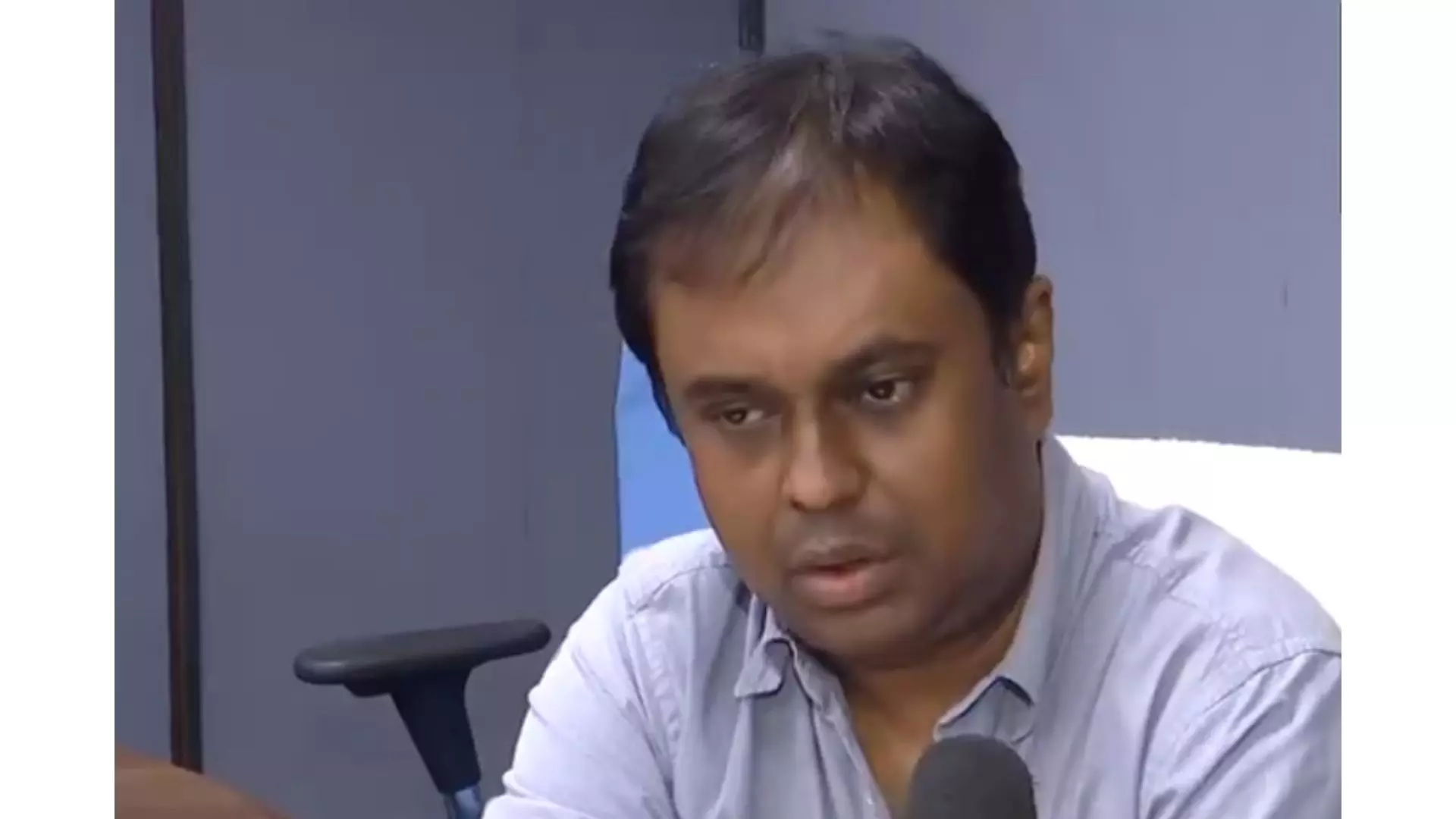Dilip Cherian | Blame game afoot after Bengal floods: Power secy, chief engineer exit DVC
Resignations of key officials in West Bengal raise concerns about flood management and bureaucratic accountability amid corruption probes

In a surprising move, West Bengal’s power secretary, Santanu Basu, has stepped down from his role on the Damodar Valley Corporation (DVC) board. His resignation, which he announced via email, seems to be tied to what he referred to as the “uncontrolled release of water” from DVC’s dam systems. This water release led to severe flooding in several parts of West Bengal, causing extensive damage and hardship for thousands of people. Mr Basu made it clear that this was the reason for his exit, underscoring the frustration with how the situation was handled.
Interestingly, this isn’t an isolated incident. The chief engineer of West Bengal’s irrigation and waterways department also resigned, apparently in protest against decisions made by the Damodar Valley Reservoir Regulation Committee. This raises questions about deeper issues at play. Was this simply a response to the flood management, or is there a larger governance or communication breakdown between the state and DVC?
The fallout of this event could be significant. Mr Basu’s resignation signals that there might be serious concerns about how DVC manages water resources, and this could lead to larger discussions about accountability and oversight. It also highlights how natural resource management can have immediate and devastating consequences for local populations. When officials step down in protest, it sends a message that something isn't right. Could this trigger a larger shakeup in DVC’s management practices? Watch this space for updates.
Ex-babu under fire in ED probe
The recent ED raids on former IAS officer Mohinder Singh’s premises highlight the deep-rooted corruption within the bureaucracy and its far-reaching impact on society. Singh, once a powerful figure in the Noida-Greater Noida Authority under the Mayawati-led BSP government, is now at the centre of a ₹426 crore scam linked to the Lotus 300 project. The recovery of ₹1 crore in cash, diamonds worth ₹12 crores, and gold jewellery valued at ₹7 crore during the raids underscores the extent of wealth amassed through questionable means.
Such allegations of corruption not only erode public trust but also deprive homebuyers and ordinary citizens of their hard-earned money. In this case, investors were promised homes but instead became victims of a massive fraud. The ED's investigation, triggered by Allahabad high court's directives, has unveiled a network of builders, officials, and entities involved in siphoning off funds, all while bureaucratic figures like Mr Singh allegedly turned a blind eye or actively participated.
This systemic failure is a stark reminder of the consequences when those entrusted with public welfare manipulate their power for personal gain. As Mr Singh faces increasing legal trouble, with a possible ED summons and further probes, the fallout from this scam serves as a harsh lesson on the dangers of unchecked corruption in public office.
IAS officer’s surprise extension sparks debate
In a surprising development, Anindita Mitra, who had already wrapped up her role as Chandigarh’s Municipal Corporation commissioner and joined her new post in Punjab, has been granted a three-month extension. But here's where things get complicated: even though the Union government issued orders for her extension, it's not clear whether she will actually return to her old post.
Ms Mitra, a 2007-batch IAS officer from Punjab, had already started her new role as secretary of cooperation in Punjab and MD of the Punjab Cooperative Bank after her three-year deputation in Chandigarh ended.
The confusion stems from the fact that the UT Administration already relieved her from her duties, and the matter is now tangled between the Centre, the UT Administration, and the Punjab government. There’s talk that the UT Administration might request clarification from the Centre because a panel of potential replacements for the MC commissioner position had already been sent to the ministry. It’s also notable that this is probably the first time such a situation has arisen in Chandigarh.
With the uncertainty surrounding her return, it’s anyone’s guess how the next few months will play out. But one thing’s certain — this extension has certainly shaken up the usual babu routine!
